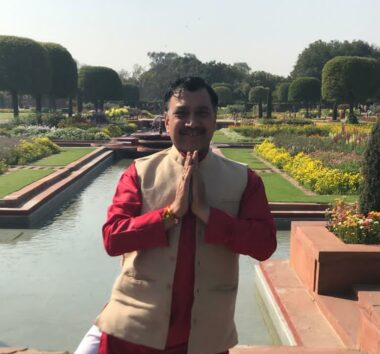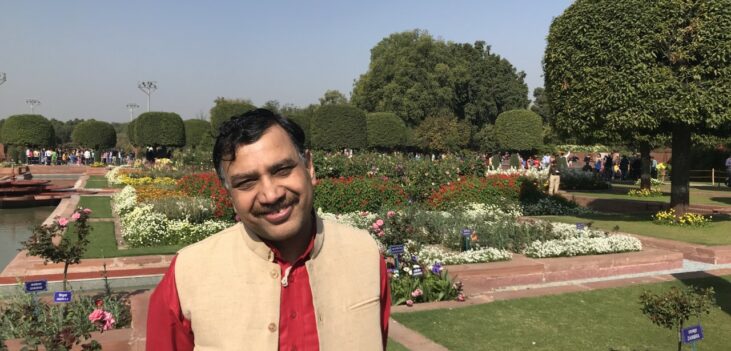
Vedic astrology, called Jyotish is the traditional astrological system of India.
It's origins root in Vedic culture and date back to approximately 3000 years before Christ. The system is based on the Vedas being the first scriptures of India. It is an ancient science which is timeless and universal.Jyotish is about the interpretation of the constellation of certain celestial bodies. It is used, for example for defining the best fitting season and day for ceremonial duties, rituals and other more profane activities. Vedic astrology reveals subtle influences from the universe and its knowledge encompasses all the multiplicity of earthly phenomena past, present and future. Vedic Astrology is based on the laws of nature which bind the cosmos together and these laws express the unity within the diversity of life and the underlying intelligence which governs with great precision.The circumstances we are born into would then be the result of our karma out of past lives.
Visible events of our life would be therefore moved by our deeds of the distant past. This knowing shall help to accept our present conditions and to aspire to form the future by the deeds in this life. The sense of life is, according to the Hindu, to return to our original self, our true nature.
With the help of Vedic astrology one could obtain a better estimation how to get to this aim.Like Hinduism, Vedic astrology is a pluralistic flexible system which knows many ways and adopts ever new forms. Because of that, it is well practicable and helpful in the modern west, in the same manner as Yoga, Ayurveda and Meditation have come from India to the western countries and have helped many people.
There are four aims of human life: Kama, Artha, Dharma and Moksha.
Kama is the longing for emotional and sensual completion. We can also call it desire.
Everything we do should be a source of bliss and do no harm to any other person.
Artha is the achievement of aims as well as wealth and the obtaining of precious things. We can also call it prosperityDharma is the striving after acknowledgement and honor or mission. Everyone wants to get acknowledged and valued because of his or her deeds.Moksha is freedom from everything, so called enlightment or self realization. We have to transcend the three lower principles and our self until we have become one with everything that exists. All four aims are called Dharma because Dharma is the most fundamental law.
Moksha is the highest of them all.Health is the key to the aims because without health we could not achieve very much. Health relates not merely to physical but also to psychical health.Joytish is therefore not only about physical well-being but also the wellness of the soul in order we can attain all four aims.One important difference between the Indian and the western system is the higher importance of the moon in the Indian system.Examples of the fields of life: Relationship, job/career, health, children, karmic themes, Dharma (sense of life), Moksha and many others.Joytish observes intensively the position of the moon in the zodiac and parts the 360 degrees in 27 lunar houses which the moon wanders through.
Each of these houses features the specific effects of the stellar signs behind.
Western astrology with its tropical zodiac deals with the solar system.
Indian astrology interprets also objects beyond the solar system.
A Vedic astrologer is called Jyotishi.



